The difference between a common man and a celebrity is that the voice of the former is hardly ever heard, whereas the latter keeps blabbering, often to keep himself or herself relevant.
With this ongoing election season, the biggest carnival in Indian democracy, many celebrities who are finding themselves sitting outside the fence, have been found to be using (read misusing) the ‘Right to Freedom of Speech’ to gain extra mileage. In Hindi, we say “Bahti Ganga mein haath dhona”.
|
At the 10th annual PEN World Voices Festival in New York expresses concern that under Narendra Modi, “India will have a fairly bullying government”. |
Modi as Prime Minister would “make minority communities like Muslims, who are already marginalized, feel more vulnerable than ever before”. |
“It is crucial to remember the role played by the Modi government in the horrifying events that took place in Gujarat in 2002”. |
“As an Indian citizen I don”t want Modi as my PM”.
|
So is with some Indian celebrities or public personalities like film actress Nandita Das, sculptor Anish Kapoor and Nobel Laureate in Economics Amartya Sen. The dusky actress Nandita Das had won kudos for the brave campaign on dark skin that sought to end colour-based discrimination so prevalent in India, but it seems she had taken herself too seriously after that. She would do well to know that there is a difference between campaigning for ending skin colour-based discrimination and commenting on the legitimacy of any individual to become the Prime Minister of India.
One fine morning, I just picked up a newspaper and saw Nandita Das was in Stockholm and there she said that Modi’s victory in the Lok Sabha elections would result in the penetration of “an ideology of hate into the government machinery and influence institutions and policies”. She had further remarked that Modi as prime minister would “make minority communities like Muslims, who are already marginalized, feel more vulnerable than ever before”.
Echoing a similar view Anish Kapoor said , “Without questioning the validity of India’s democratic election process, it is crucial to remember the role played by the Modi government in the horrifying events that took place in Gujarat in 2002”.
Kapoor along with some UK-based so-called ‘secular intelligentsia’ had published a letter opposing Modi’s candidature for the post of PM. “Since its publication we have been subject to a barrage of intimidating correspondence. It is clear the Modi camp fears criticism because there is much to hide. Every single person who signed the letter has received a host of emails, tweets, etc,” Kapoor had remarked.
Now, the most important question – why Ms Das chose Stockholm to air her views and attack Modi by equating him with Nazi dictator Adolf Hitler? Because, she was showcasing her film—Firaq, at the India Unlimited festival in Stockholm, which is loosely based on Muslims. What better way to gain cheap publicity than this? Otherwise, who cares what Nandita Das’ film is all about?
Both Das and Kapoor have nothing to do with Gujarat; nor do they have any idea of the development that has taken place in the state. Despite this, using the ‘Right to Freedom of Speech’ both misused and abused the right for their ‘personal (read malafide) gains’.
Indian-born author Salman Rushdie is another celebrity who never misses an opportunity to be in limelight – whether it’s by making an adverse comment on any religion or by having a new affair with a celebrity woman. He recently remarked , “I’m pretty concerned about a Modi-run government. The indications that it would be a fairly bullying government are already there”. He mentioned Modi as the ‘most divisive figure’ and ‘hardliner’s hardliner’. But, what made him to say so all of a sudden? Simply, to reiterate his relevance amongst his fans and readers at the 10th annual PEN World Voices Festival at New York. Can we ask Mr Rushdie, when did he cast his vote for the last time in India? What right has he to question our democracy, when he is not even a part of it? This is again cheap publicity like cheap politics.
Last, but not he least. One of the most prolific economists of our times and Nobel Prize winner Amartya Sen, who recently cast his vote at Bolpur in West Bengal after 13 long years, remarked, “There is the issue of secularism. If minorities are scared of him assuming office, there are reasons behind it. He could have been more secular”. By ‘more secular’ what Sen wanted to communicate? Only, if the Muslim population vote for Modi, then only he would get the right to be the PM?
With due regards to Prof Sen, who has made immense contribution as an economist and academician par-excellence, may I ask him how could he ignore the crores of Indian voters from across the country, who have either voted or would vote Modi to power through a democratic process?
Mr Narendra Modi is not usurping the seat of PM like the rulers in the medieval period, who either killed their fathers, uncles or brothers to become sultans!
Mr Sen, as a common man from Gujarat, I request you to travel to Gujarat and see yourself the development that has taken place in the state under Narendra Modi as CM. Why didn’t you question your fellow economist and colleague at London School of Economics Manmohan Singh, our prime minister whose government miserably failed on several fronts including internal security? Had you taken the Shantiniketan Local from Howrah station to travel to your hometown Bolpur to cast your vote, you would have realised the pain, suffering, agony, frustration and insecurity that a common man faces day after day!
You have every right to express your views but not at the cost of a common Indian. We, the nameless, faceless common men of India, who abide by our Constitution need a strong leadership to head the nation, who can induce positive change in our ramshackle system. It’s not that if a handful of minorities – from any religion opted to keep Modi out, the entire nation has to follow their diktat. And, it’s same for the entire intelligentsia. Before passing remarks for your personal gains, think of India – the largest democracy in the world.
(The opinion expressed in this column is solely that of the writer – Nameless Indian)
?



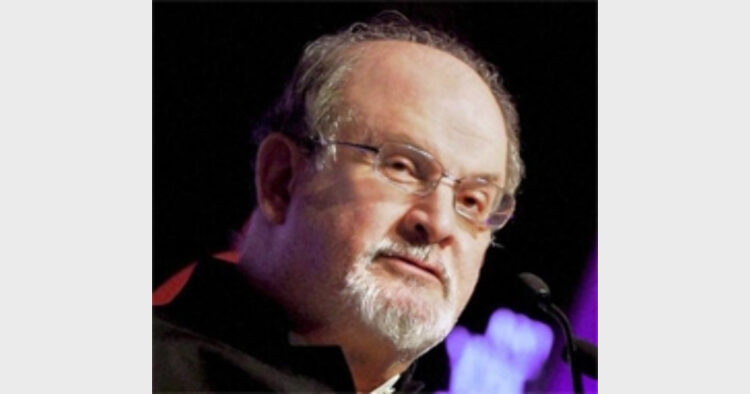
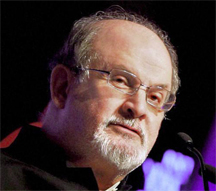
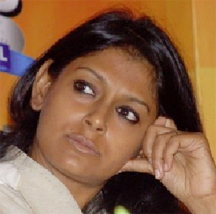
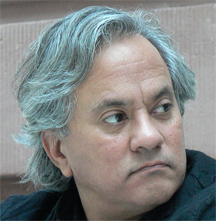
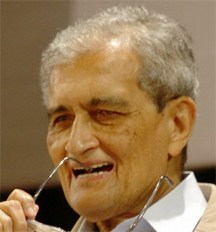










Comments